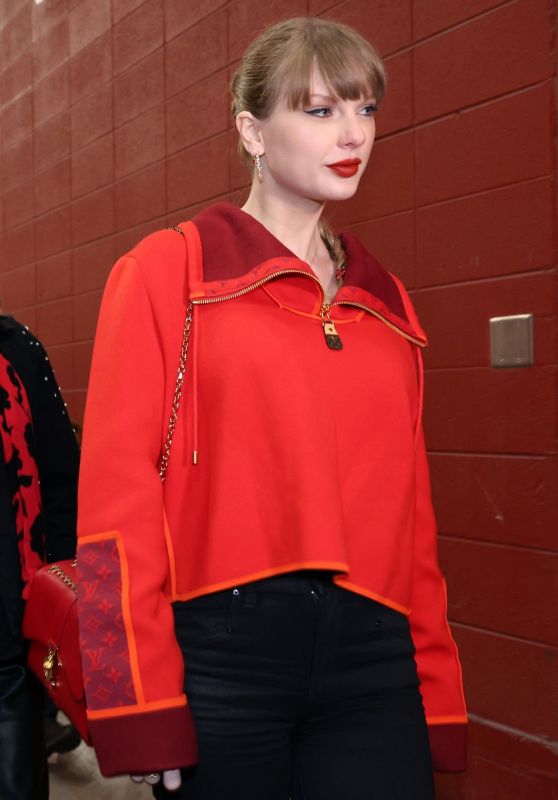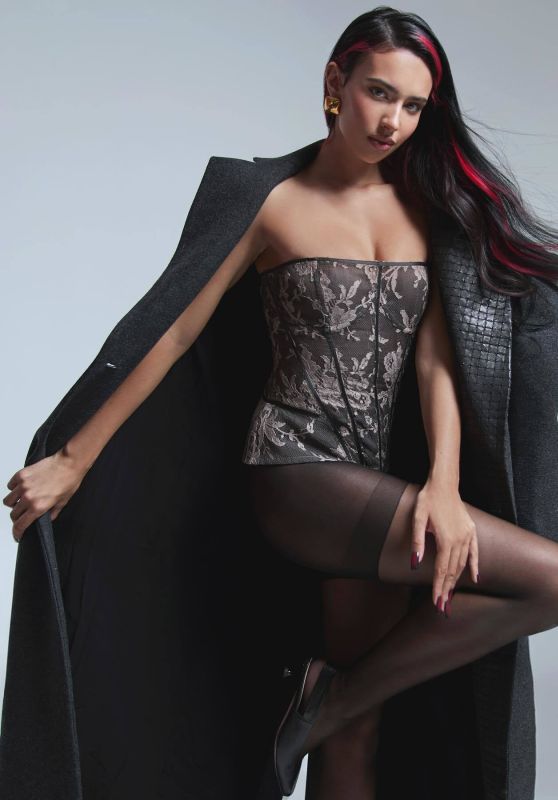
After “The Seed of the Sacred Fig” (Neon, November 27) won a special jury prize at Cannes and wowed audiences at Telluride, Toronto, and New York, filmmaker Mohammad Rasoulof revealed more of the incredible journey he took to not only secretly film the movie in Tehran, but to edit it in Hamburg. There, Andrew Bird cut the film throughout production via scraps of camera proxies that could be sent out when the internet connection was strong. He did not know a word of Persian, and worked with a dated version of the screenplay.
Rasoulof had been under threat from the Iranian government for the past 15 years, as Iran’s revolutionary court gave him three prison sentences and banned him from making films or leaving the country. Thus he was unable to attend the 2020 Berlin Film Festival when his film “There Is No Evil” won the top prize, nor could he participate in the 2023 Un Certain Regard jury. Eventually, due to health concerns, he was freed and pardoned. But then he was sentenced to eight more years and a flogging and confiscation of property just as he was finishing his latest film, “The Seed of the Sacred Fig,” which the Iranian officials knew nothing about.


That’s because, between December 2023 and March 2024, the director and his cast and crew shot in secret. When the actresses were on the streets wearing their hijabs, people thought they were with a state TV project. “We were lucky having a story about a family whose women were wearing the veil,” said Rasoulof at the New York Film Festival. “And the urban parts of the story allowed us to be on the streets without attracting too much attention. This was quite fortunate for us to be able to shoot outdoors, and we could continue working in the crowded parts of Tehran. We kept getting insulted by people who were passing by thinking we were working for the state media.”
Somehow, they managed to keep the film clandestine during production, “a film that remains invisible to the people who would like to censor it and repress us,” said Rasoulof. “First of all, I was always away from the set, from the shooting scene. Sometimes I was very far away. Sometimes I was closer, but depending on where I was, I wasn’t there. I was managing this set with the assistance of two of my assistants. One of them was working with the technical crew, and one of them was working with the actors and designers.”
The director kept a small footprint. “We had limited resources,” he said. “We had a small camera and old lenses, some of them were even photography lenses. But instead, we had a great crew, a wonderful cinematographer, and people who were working with their heart.”
The movie changes its pace as it moves along, becoming more of a dynamic thriller by the end. “I wanted the story of this family to reach a metaphorical layer,” said Rasoulof. “On the other hand, the documentary footage that was taken by people themselves during the Woman, Life, Freedom movement was so powerful that I wanted to bring them and weave them into the story of the film. I had always thought that this film is never going to end. So I told myself, ‘Do whatever you want.’ So all these together form the visual language of the film.”
The lead character of Iman (Missagh Zareh), an investigating judge in the Iran revolutionary court who is forced to play by corrupt rules, becomes increasingly paranoid, until he is afraid of his own wife (activist Soheila Golestani) and two daughters (Setareh Maleki and Mahsa Rostami).
“It’s been about 15 years that I’ve been dealing with the intelligence agents of the Iranian regime,” said Rasoulof. “I’ve met interrogators, investigators, and judges, and I’ve always asked myself the question, ‘What causes us to be facing each other on two separate sides?’ The thing that caught my attention in most of these people was their prejudice. I created the character of Iman based on my personal experiences of meeting these people. Throughout these years, I had seen the human aspects of these people too. I just couldn’t understand how to put the two sides together, the fact that in some moments they were so aggressive and violent that they could commit anything, and in other moments they were just regular people.”
 ‘The Seed of the Sacred Fig’Courtesy of Neon
‘The Seed of the Sacred Fig’Courtesy of NeonRasoulof also became aware of stories of conflicts with the investigators and their families. “I also heard that a lot of people who had taken part in the 1979 revolution in the first few years after the revolution had played many roles in strange deeds against their own family members,” he said, “such as the execution of their children, the betrayal of their children, and other acts that one would not expect someone to do. Perhaps this too, was a source of inspiration for me to bring out the violence of these people under the pressure of that prejudice against even their own family members.”
The movie ends in a face-off between the father and his family at an ancient desert ruins. “When I look at the images of that village in ruins it is as if I’m looking at the history of Iran in ruins,” said Rasoulof. “There is a scene in that village that every time I see it I get really agitated and angry, when the man grabs his wife by her hair, and drags her on the ground. I believe it’s been about 150 years that the conflict between tradition and modernity in Iran has been manifesting itself on a political level. For instance, if we go back to 90 years ago, we see that the state was trying to unveil women by force. And when we look today, the same state and power is trying to force the hijab. Then the question is, when is the social identity, and especially the request of Iranian women, going to be heard? I believe that in the modern history of Iran, the identity of women has been taken hostage, and their bodies have been confiscated through people’s power or through the media or through the powers’ confiscation of their hair.”
Rasoulof is pleased with the progress women are making in Iran to fight back. “And of course, now the new generation wants to change this game for many reasons, and it has been successful to a large degree,” he said. “I don’t want to limit the movement of Iranian women to the past few years, this movement has been very fast, and every time something happens, there is a new chain that gets added to it.”
As soon as Rasoulof finished shooting, he was forced to flee or wind up in prison again. He traveled on foot through mountain terrain on routes he learned about when he was in prison, a 28-day trek to Germany. Someone on his crew was able to fly to Hamburg and deliver the hard drive to the post-production house in Germany.
 ‘The Seed of the Sacred Fig’Courtesy Neon
‘The Seed of the Sacred Fig’Courtesy NeonEditor Bird, who frequently works with Fatih Akin and edited with Rasoulof anonymously on another film (“Manuscripts Don’t Burn”) back in 2012, had been editing the film all along and was finishing up when Rasoulof finally turned up. “We had no contact with each other for about 14 days in that period,” said Bird. “I didn’t know where he was. He looked fit. I’d guess what the line could be, what is in the script, if it’s still the same as it was when they sent me this first draft. My assistant and I subtitled one pass on each scene, if they covered the scene in a wide shot, we’d subtitle that. And I’d work from that. You’re able to judge actors’ performances, and you see where there’s an authenticity. And you can make clear choices as to which take is a better take. It’s not as difficult as it might sound.”
They were hustling to the Cannes finish line. Bird sent the director some versions of scenes before he left. “I sent him sequences that I cut, more or less the whole film, when we reached that point,” said Bird. “And we would then phone and he’d give me some feedback on what he thought, things that he wanted to investigate a bit more, but we never actually spent any time at all together.”
Cutting in the cell phone protests was a late decision, which they were able to experiment with until it worked “so that the apartment in Tehran didn’t become entirely claustrophobic,” said Bird. “We actually got some sense of space of the of the city where this is happening.”
Neon acquired North American rights to the film ahead of its Cannes premiere, where it received a rapturous 12-minute ovation with Rasoulof on hand to hear it. The movie has earned three European Film Award nominations and was submitted by Germany for the Oscars.
The two younger actresses who played the daughters also got out of Iran, but Zareh and Golestani are now being persecuted with interrogations and pressure in Iran, accused of spreading corruption, prostitution, and government propaganda and conspiracy against national security. The government has confiscated the passports of the cast and crew. When Rasoulof accepted his special jury prize on closing night at Cannes, he held up photos of his two stars.
“The Seed of the Sacred Fig” is now in theaters from Neon.




















 English (US) ·
English (US) ·